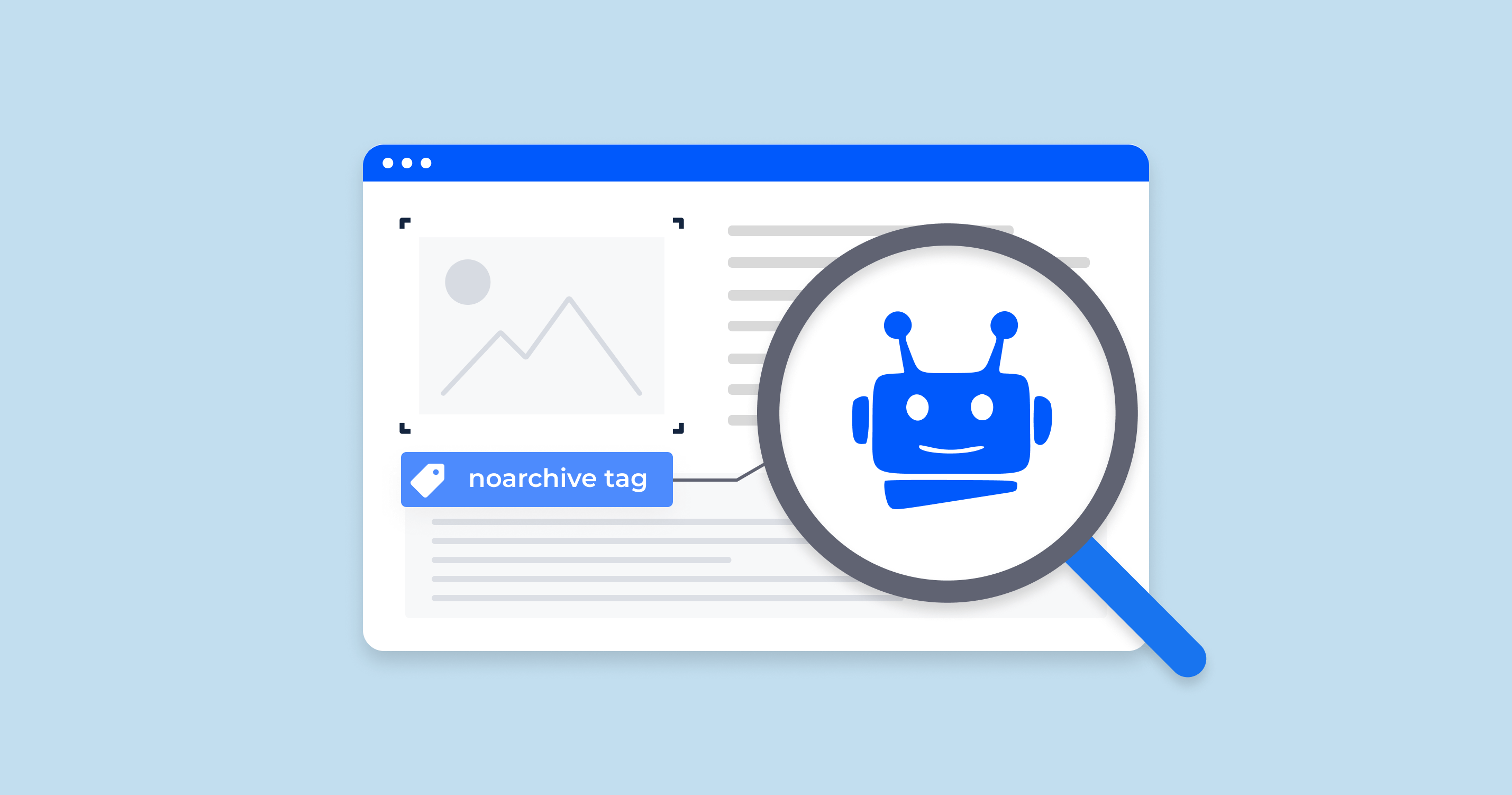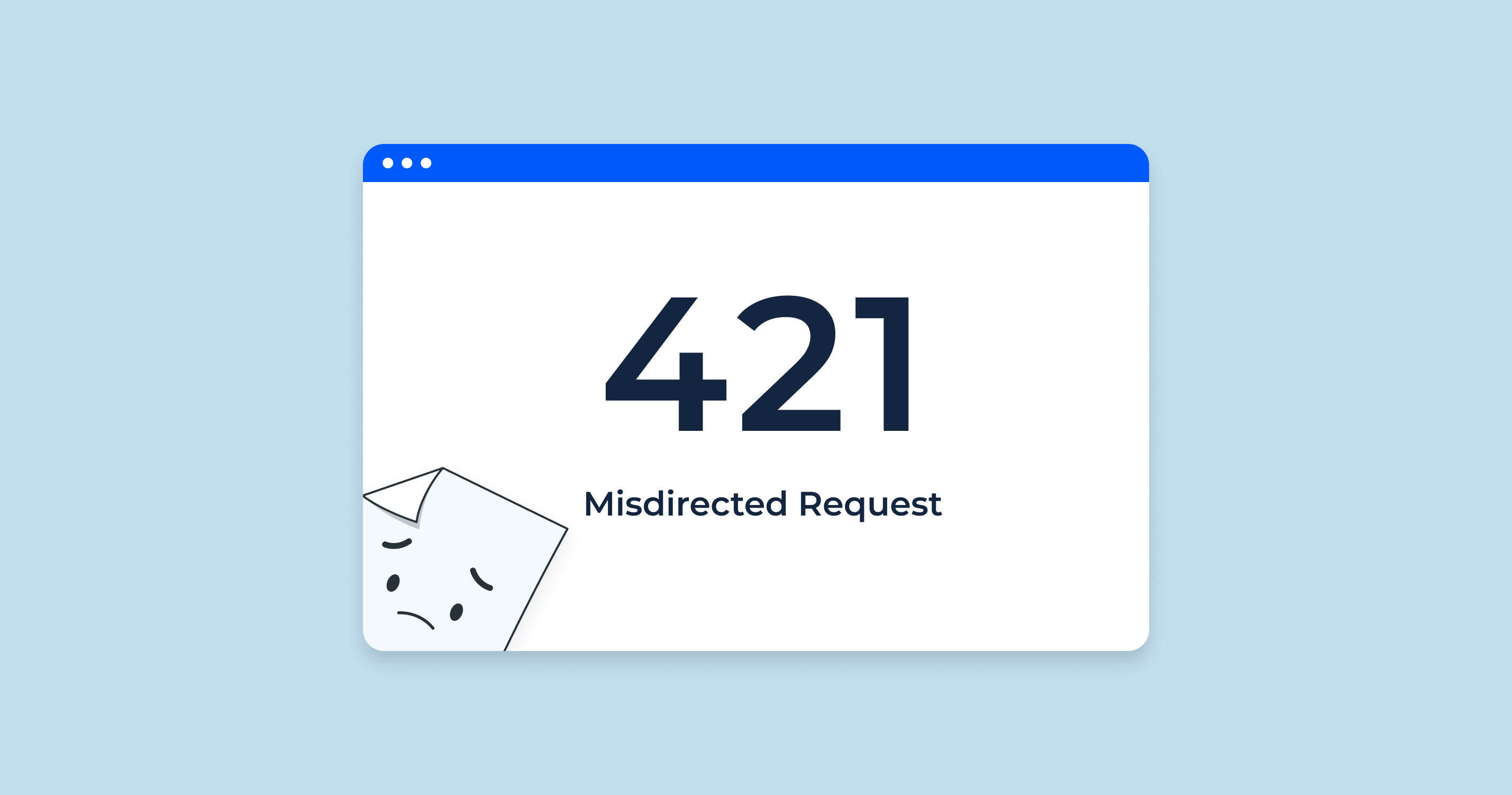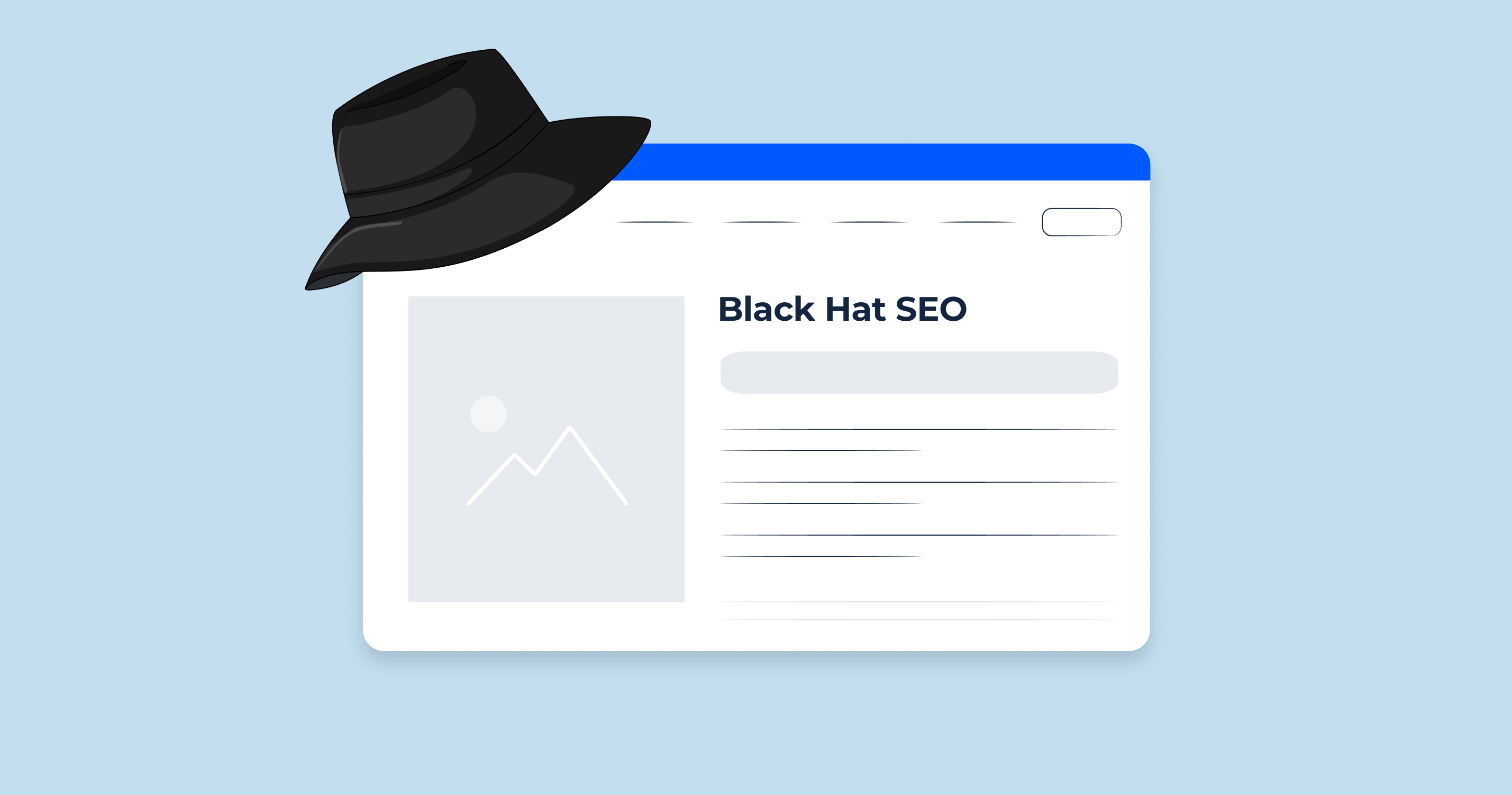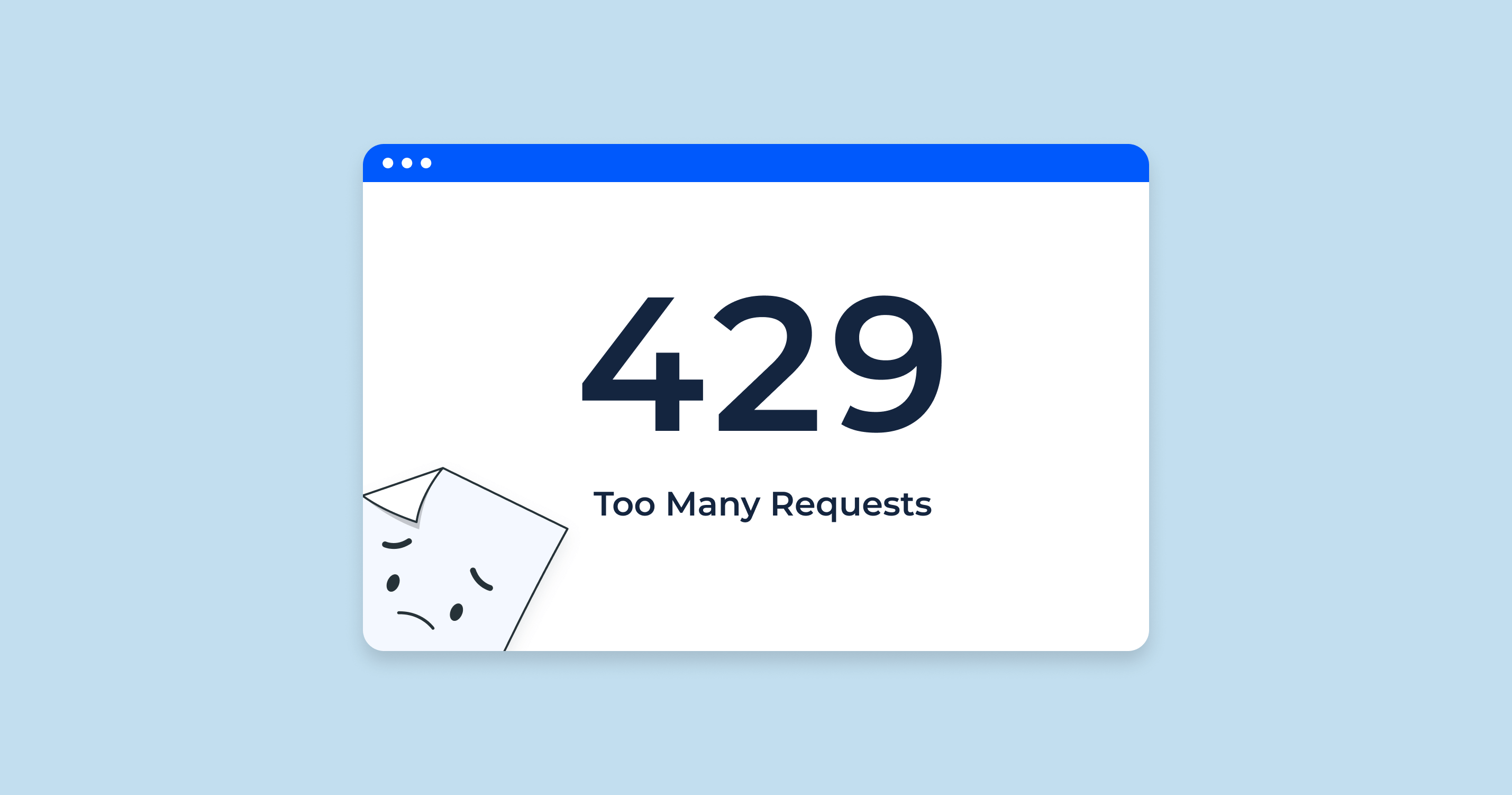What is Robots Noarchive Tag?
Robots noarchive is a meta robot tag that tells search engines not to cache a web page. This means that if a user clicks on a cached link in the search results, they will see the latest version of the page, not a snapshot from an earlier date.
‘noarchive’ is a value that can be used in the robots meta tag or in the HTTP response headers to instruct search engines not to show a cached link of a page in the search results.
Here’s how you might see it in the meta tag form:
<meta name="robots" content="noarchive">You can also use the following code to specify that the noarchive tag should only apply to the Googlebot:
<meta name="googlebot" content="noarchive">It is important to note that the no archive tag is only a suggestion to search engines. They are not required to honor it. However, most major search engines do respect the noarchive tag.
Here are some examples of when you might want to use the noarchive tag:
- A news website that publishes breaking news stories
- A website that sells products that are frequently out of stock
- A website that contains sensitive financial information
- A website that is currently undergoing maintenance
Noarchive Directive Impact SEO
The noarchive directive in the robots meta tag or HTTP header tells search engines not to store a cached version of the page. Its primary purpose is to control the user experience by not allowing users to view outdated or older versions of a webpage. When considering its impact on SEO, here are a few points to consider:
| Direct SEO Impact | Using no archive doesn’t directly impact a page’s ability to rank. Search engines will still index the page (unless you’ve also used the noindex directive) and consider it for ranking in search results. |
| User Experience | If users are accustomed to checking cached versions of pages (for instance, if the live site is down temporarily or if they want to see a recent change), the noarchive directive may mildly frustrate them. However, this is a niche behavior and won’t impact the vast majority of users. |
| Page Freshness & Changes | If your site frequently updates and the changes are crucial for users to see immediately (for instance, stock market-related updates, emergency news, etc.), the noarchive directive can ensure that users don’t accidentally view outdated information from cached versions. However, do note that the time search engines take to re-crawl and update the indexed version can vary, so users may still see outdated info in the search results until the page is re-crawled. |
| Competitor Analysis | By using no archive, you might make it a tad more challenging for competitors to view and analyze older versions of your pages. However, dedicated competitors can still use tools like the Wayback Machine (from the Internet Archive) to check past versions of a webpage. |
| Transparency and Trust | Depending on the nature of the content, not providing a cached version might make some users wonder if there’s a lack of transparency or if the site is trying to hide content changes. This is more of a perception issue and is likely to be relevant only in very specific scenarios. |
The noarchive directive has a minimal direct impact on SEO. However, its indirect influence can depend on the type of website, the nature of its content, and the audience’s expectations. Always consider the specific needs and characteristics of your site when deciding whether or not to use it.
Google Assessor About ‘data-nosnippet’ Tag
On December 11, 2018, John Mueller tweeted that the robots noarchive meta tag is “probably not a critical thing” if your pages are ranking normally and the snippet looks good. He also said that it is a good idea to double-check with Fetch as Google to make sure that there is no “no archive” robots meta tag or header being sent.
He also said that Google may still cache pages even if they have the noarchive tag, but it will not prevent them from ranking in search results.
Overall, it seems that Google’s position on the robots noarchive meta tag is that it is not required, but it can be useful in certain cases. If you are unsure whether or not to use the noarchive tag, it is best to consult with an SEO expert.
Troubleshooting and Solving Robots Noarchive Tag Errors
Here are a few troubleshooting and solutions for potential issues with the noarchive tag:
1. Multiple Conflicting Directives
Having multiple conflicting directives in a single meta robots tag can confuse search engines. For instance, you might have both noarchive and archive in the same tag.
2. Inconsistent HTTP Header and Meta Tag Directives
Sometimes, you might have set a no archive directive in the meta tag and a conflicting directive in the HTTP header.
3. Incorrect Syntax or Typos
Simple typos or incorrect syntax can render the noarchive directive ineffective.
4. Noarchive Applied Accidentally
In some cases, the noarchive tag might be applied site-wide accidentally, which means users can’t access the cached version of any page on your site.
5. Cache Still Appears in SERPs
Even after applying the noarchive directive, you might notice that search engines are still showing the cached version of your page.
When working with robots directives, it’s crucial to be cautious. A small error can sometimes have unintended consequences for your site’s visibility in search engines. Regular audits and meticulous checks can help prevent and correct such issues.
Check a robots.txt File on Any Domain with Robots.txt Tester by Sitechecker
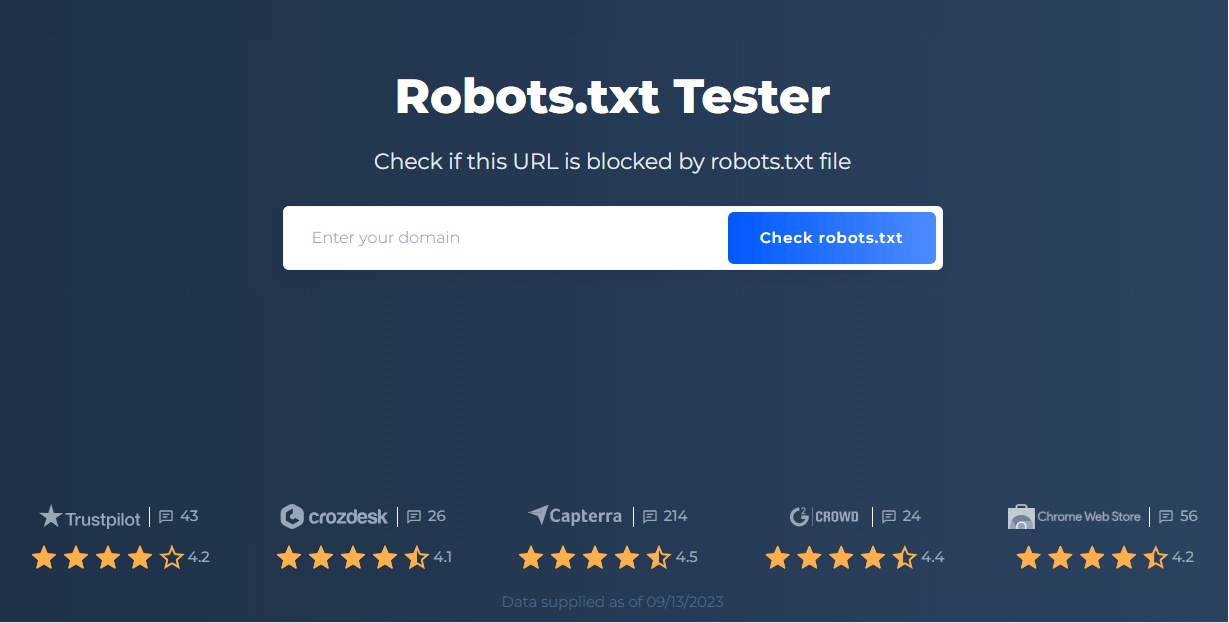
SiteChecker.Pro’s Robots Tester tool provides an invaluable resource for webmasters aiming to ensure the proper functionality and optimization of their robots.txt file. Robots.txt is a critical component for any website, guiding search engine bots on which parts of the site should or shouldn’t be crawled and indexed. With this tool, users can swiftly evaluate their robots.txt file, ensuring it’s correctly formatted and effectively directing search engine behavior.
By inputting a domain into the Robots Tester, users receive immediate feedback on potential issues or discrepancies within their file. This can include errors, warnings, or formatting issues that could unintentionally block vital parts of a site from search engine view or, conversely, expose sections intended for privacy. Immediate identification of these concerns allows for prompt corrections, ensuring a website’s visibility and integrity in search engine results.
Using a Robots.txt Monitoring Tool alongside this helps ensure that any changes to your robots.txt file are continuously tracked and corrected before they impact your SEO.
Beyond just error detection, SiteChecker.Pro’s tool offers insights and suggestions for optimization. As the digital landscape continues to evolve, staying updated with best practices for robots.txt configuration becomes imperative. With this tool, website administrators not only ensure compliance but also achieve optimal search engine performance, making it an essential tool in a modern webmaster’s toolkit.
Conclusion
The “noarchive” directive instructs search engines not to cache specific web pages, ensuring users see the most recent version. While it doesn’t directly affect SEO, it impacts user experience, especially for frequently updated or sensitive content. Most search engines respect this directive, but it’s not mandatory. Google’s John Mueller suggests it’s useful in certain contexts. Proper implementation is key, and tools like SiteChecker.Pro’s Robots Tester can assist in ensuring a correctly configured robots.txt file.
